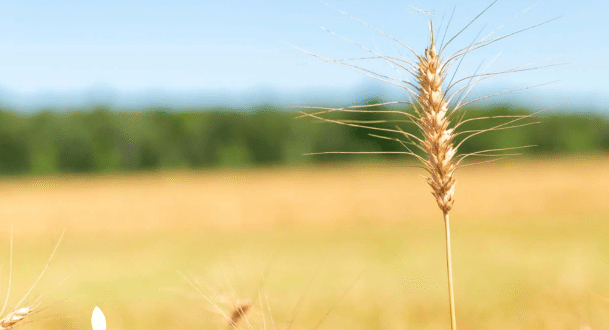Food security is a challenge in the Arab region that was further underscored during the COVID-19 pandemic. The crisis deepened food security concerns and increased uncertainty faced by policymakers. The persistent regional dilemma can be summarized as follows: To what extent should Arab countries produce more food versus allowing heavier dependency on imports, and to what extent should the region integrate medium- to long-term risks, as opposed to only short-term ones? In other words, how can countries strike the right balance between preserving the sustainability of scarce natural resources, on the one hand, and remaining exposed to global price volatilities, on the other.
Given the structural deficits in food production in the region, an additional question relates to the mechanisms that should be put in place to mitigate risks associated with food import dependency. The disruptions created by the pandemic point to the necessity of actions beyond those of governments. These include measures that need to be taken by other stakeholders, notably businesses and civil society, which could be pushed to be more flexible and agile in their responses, and assume further social and health responsibilities.
© ESCWA , FAO
Download the full report here from here
______________________________________________
(*) This report was originally published on ESCWA .You can download the report here. The views expressed in this report belong to the author and do not necessarily represent ForMENA
 ForMENA Council for MENA affairs
ForMENA Council for MENA affairs
